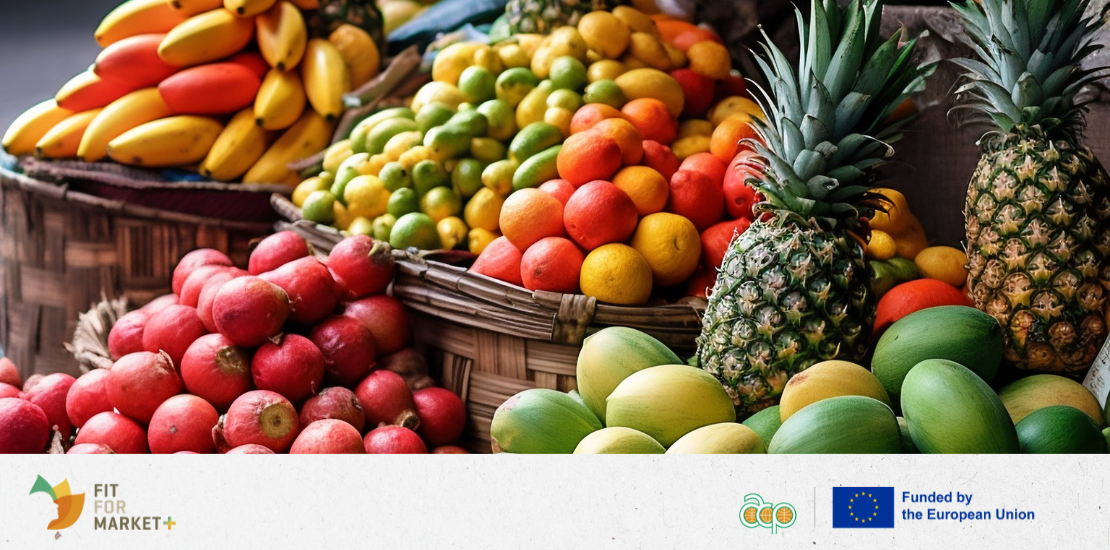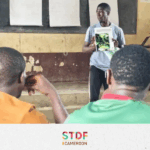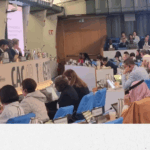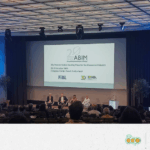- 09/09/2025
- Posted by: Sandra Borma
- Category: News

In collaboration with CABI, COLEAD has just completed a series of interactive and insightful sessions as part of the EU-funded SPS Uganda project. The initiative aims to strengthen the country’s sanitary and phytosanitary system, as well as supporting horticultural businesses in accessing international markets, particularly in Europe.
Understanding market access requirements
The first module helped participants to grasp the differences between local, regional and international markets, and the related opportunities and challenges. Discussions focused on the relevant regulations, commercial and technical requirements, and associated costs, risks and benefits at each level. Particular attention was given to the evolving EU regulations under the AGRINFO programme and the important role of private standards such as GLOBALG.A.P., GRASP, SMETA and BRCGS for entering EU markets.
Practical tools for certification
The second part of the sessions focused on the practical implementation of GLOBALG.A.P. certification. Participants discovered COLEAD’s self-learning pathway, which is tailored to the strict requirements of this standard. They also learned about the resources and training available to strengthen compliance capacities.
Active and motivated participation
A total of 145 people registered for the series, with 125 actively taking part in the sessions. The exchanges were enriched by questions on upcoming EU regulations, private standards, trade fairs, and market entry strategies. The presentations, recordings and learning materials made available will help to extend the impact of this learning.
Next steps
COLEAD will continue to provide support in the form of personalised coaching, the dissemination of self-learning modules and the organisation of GLOBALG.A.P. IFA v6 training in Kampala in October. The goal is to enable Ugandan horticultural exporters to better meet international requirements and strengthen their competitiveness in global markets.
This activity is supported by the Fit For Market Plus (FFM+) programme, implemented by COLEAD within the Framework of Development Cooperation between the Organisation of African, Caribbean and Pacific States (OACPS) and the European Union. This publication receives financial support from the European Union and the OACPS. The content of this publication is the sole responsibility of COLEAD and can in no way be taken to reflect the views of the European Union or the OACPS.





